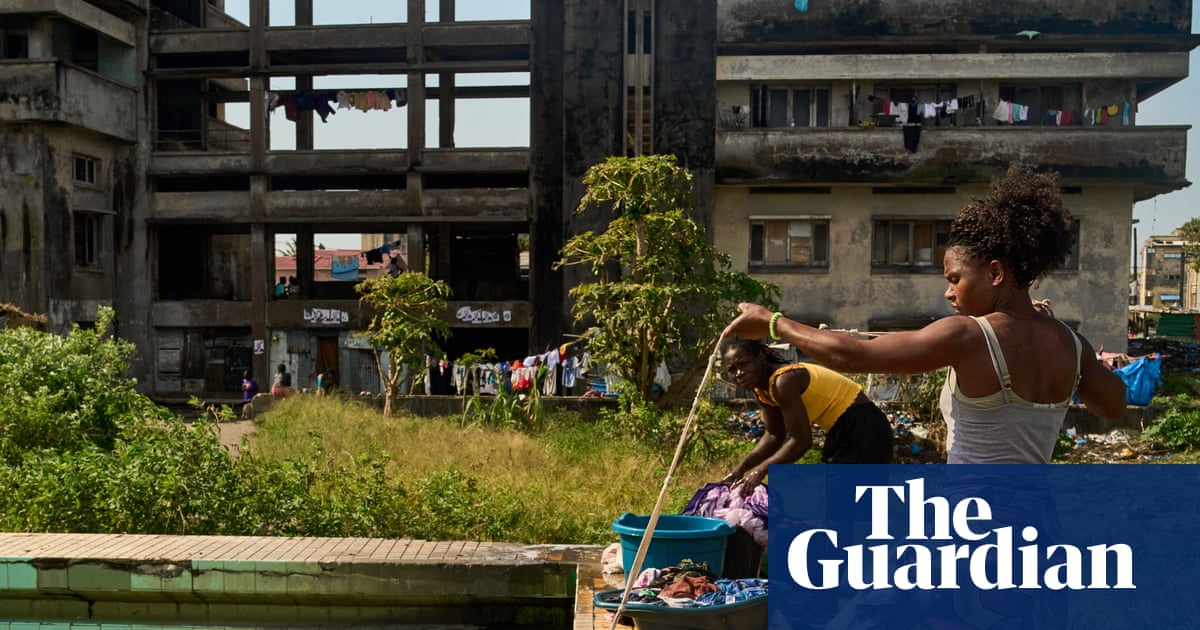
Top economists are demanding urgent action on debt relief in Washington this week, as analysis from the campaign group Debt Justice shows struggling governments are cutting back on health and education.
As finance ministers and central bankers gather for the International Monetary Fund (IMF) and World Bank annual meetings, influential experts including the Nobel laureate Joseph Stiglitz, and leading economists Mariana Mazzucato and Jayati Ghosh, are urging them to “turn debt into hope”.
They are calling for the urgent replenishment of the IMF and World Bank’s debt relief funds, and changes to the way the institutions work, to ensure more countries can receive debt cancellation.
“Bold action on debt means more children in classrooms, more nurses in hospitals, more action on climate change, more jobs, more trade, and less need for aid,” they say in a letter to global policymakers.
The signatories, who have been involved in producing important recent reports on debt relief, including for the UN secretary general and the pope, said African governments spend an average of 17% of their revenues on servicing debts.
“A cap of 10% in 21 countries could unlock enough money to provide clean water and sanitation to roughly 10 million people, as well as avert roughly 23,000 under-5 deaths each year,” they argue.
Other signatories to the letter include the former South African finance minister Trevor Manuel, and former Italian prime minister Paulo Gentiloni.
Analysis by the UK-based Debt Justice shows declining health and education spending in countries whose debts the IMF considers to be “sustainable”.
Debt Justice looked at a group of 11 countries, including Sierra Leone, Mozambique, Kenya and Pakistan, which have long-term IMF programmes, and where the Washington-based lender classifies them as at risk of not being able to repay – but that do not qualify for debt relief.
The research finds that over the course of their IMF programmes, health spending per person in this group of countries has been cut by 18% on average in real terms with education spending reduced by 10%.
Heidi Chow, the executive director of Debt Justice, said: “By denying debt relief for countries that need it, the IMF is acting as a debt collector for rich and powerful creditors, while harming millions of people in debtor countries. Forcing countries to pay debts in full is leading to deepening crises in health, education and vital public services.”
after newsletter promotion
Debt Justice is calling on the IMF to review how it decides when countries are entitled to debt relief, and assess the impact of spending cuts on development goals.
The G20 group of economies, now chaired by Brazil, had been expected to make debt relief and inequality a focus, but with the final summit in Johannesburg in November, campaigners complain there has been little concrete progress. In 2026, the G20 chair will pass to Donald Trump.
A spokesperson for the IMF said: “Together with the World Bank, we are advancing our work on a three-pillar strategy that relies on domestic reforms, international support, and private sector financing aligned with sustainable debt.
“For countries that need debt restructuring, the IMF continues to actively support members’ restructuring efforts.”
Source link

